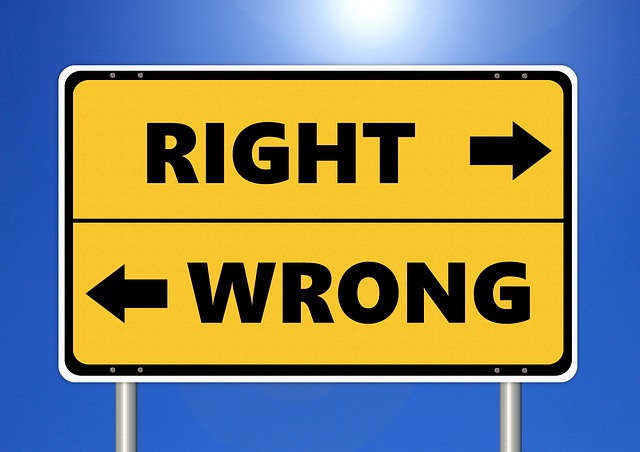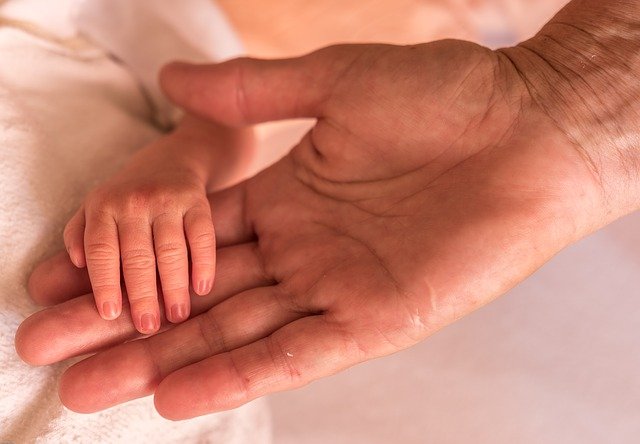Among the values that we impart, justice is one of the more challenging to nail down. By dictionary definition it encompasses everything from moral principles to the administration of legal conflict resolution. It also tends to be somewhat circular in its definition. For example, justice is the act of being just. When adults have six definitions for a word it is a foregone conclusion that it is not easily definable to young children. But thankfully, justice as we use it is very demonstrable. As we use the term, we are referring to the moral principle that emphasizes objective evaluation and equal, fair treatment of others.
From the perspective of a little one who has not yet mastered self-control, a need for justice tends to stem from individual need and not concern for others. There are certainly exceptions as, like most traits, empathic ability lies along a spectrum. “Billy is staring at me” or “Sally took my work” are responses to an innate sense of fairness and call out for justice. As parents this is an opportunity to instruct the child in numerous ways; how to objectively respond to certain emotions, how to interact with others, why it is important to treat others how we would like to be treated, and how to differentiate between a perceived and a real threat (we know the dreaded “they are looking at me” is horrible, but we are pretty sure it has never caused anyone harm).
In a departure from the other articles in our values series we want to cover justice simply from the adult perspective rather than from separate school and parent perspectives. As adults, our influence on how children will act when confronted with stimuli that trigger a need for justice is crucial. What follows is some advice we do our best to follow. We hope it provides food for thought.
1) Seek to be objective when retrieving information – particularly things that have a real effect on you and your neighbors. Shift your search engine to DuckDuckGo to avoid the traps of behavior modification. Check out claims with independent sources such as https://www.FactCheck.Org. Sign up for a class to learn more about important subjects.
2) Be more Socratic in your daily life. Questions are wonderful things. Moreover, be a tireless source of listening for the question machines that are your children. Sometimes the answer is a question right back that they can ponder – but let them know you heard them and teach them to keep asking. Being just depends on having the best information.
3) Seek to understand where others are coming from. We all bring experiences and perspectives to the table that make us unique. It is particularly critical as a parent to remind ourselves of the dramatically different perspective that our children have on everything from entertainment to exercise and a myriad of other daily activities. Those perspectives are at the root of childhood behaviors – good and bad – and understanding them can make our guidance more fair and just.
4) Participate in a group or activity that is motivated by justice. Recognizing inequities – regardless of where they stem from – and then responding in a way that makes a difference is huge. One of our personal justice issues is hunger. Food Banks need donations and they need volunteer labor for a number of purposes. Sign up and show up for your cause.
There are of course more things we can endeavor to practice as parents (and simply as human beings) that would help us exhibit more just behavior. For our part we will continue to use the list above as a launching point to help us better model justice as adults who spend a great deal of time around children.





